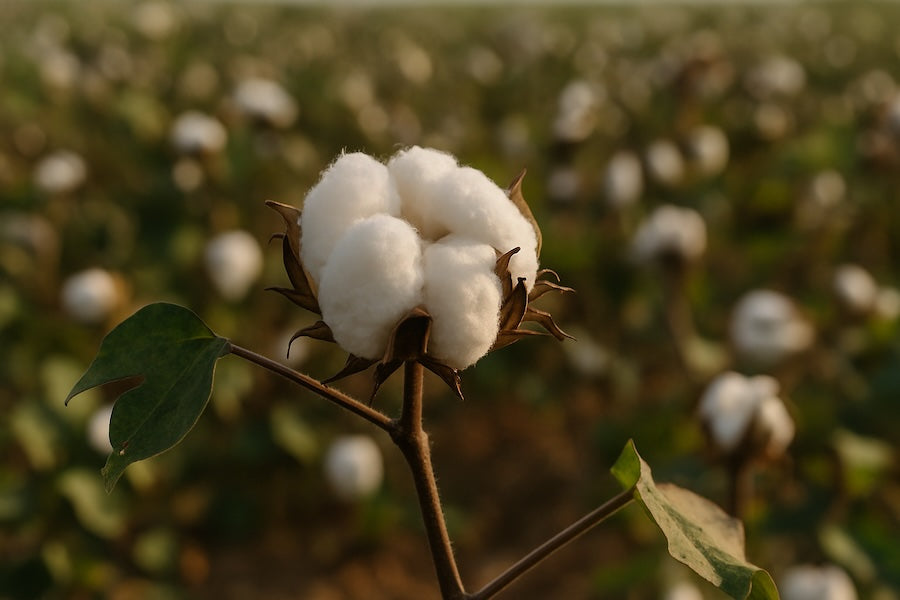In a marketplace flooded with sustainability claims, the Global Organic Textile Standard (GOTS) stands out as one of the most rigorous and widely respected textile certifications. For brands, suppliers, and consumers alike, GOTS represents a comprehensive benchmark for organic integrity, social responsibility, and environmental stewardship across the textile supply chain.
But what does GOTS really mean? How does it impact producers in India? And what are the real-world implications of obtaining this certification?
A Brief History
GOTS was developed in the early 2000s by four international organizations—OTA (USA), IVN (Germany), Soil Association (UK), and JOCA (Japan)—to harmonize various organic textile standards that had emerged globally. The goal: a unified, verifiable system that covered not just raw material but the entire processing chain.
The first version of the standard was released in 2005, and it has been continually updated to reflect evolving best practices. GOTS v7.0 is the most recent edition (as of 2023), and includes even stricter criteria around chemical inputs, waste treatment, and social responsibility.
What GOTS Certifies
GOTS applies to the full supply chain—from harvesting of raw fibres to finished garment production. To bear the GOTS label, a textile product must contain at least 70% certified organic natural fibres (or 95% for the “organic” label grade).
Key certification criteria include:
-
Organic farming: Verified by third-party bodies such as Control Union or Ecocert
-
Processing and Manufacturing: No toxic heavy metals, no formaldehyde, no GMOs, and strict wastewater treatment protocols
-
Dyeing and Printing: Must use low-impact or GOTS-approved dyes
-
Social Criteria: Compliance with ILO (International Labour Organisation) norms regarding wages, child labor, working hours, and health & safety
-
Traceability: Complete transparency from fibre to finished product
The Problem GOTS Was Designed to Solve
Prior to GOTS, there were multiple certifications for organic fibres and many did not cover what happened after harvesting. Organic cotton, for example, could be processed in facilities using harsh chemicals, harmful dyes, and unethical labor practices—and still be marketed as “organic.”
GOTS closes this loophole by introducing holistic certification. It ensures that:
-
Organic farming is preserved through to the final product
-
Workers are treated fairly across the supply chain
-
Environmental impacts are minimized in all stages
GOTS in India: Prevalence, Challenges, and Growth
India is the world’s largest producer of organic cotton, and a global leader in GOTS-certified facilities. As of 2023, more than 2000 facilities across spinning, dyeing, printing, and garmenting in India are GOTS certified.
Why India?
-
Favourable agro-climatic zones for cotton cultivation
-
Established organic farming communities (especially in Madhya Pradesh, Maharashtra, Odisha)
-
Strong export demand from Europe and North America
Challenges:
-
Organic farming yields are typically lower than conventional cotton
-
Upfront certification costs and audits can be difficult for smallholder farmers
-
Traceability and recordkeeping across fragmented supply chains is still a hurdle
Who Should Obtain GOTS Certification?
Unlike OEKO-TEX®, GOTS applies to the entire supply chain. Each stakeholder must be individually certified:
-
Farmers: For producing certified organic cotton
-
Ginners, Spinners, and Weavers: For maintaining fibre traceability and using compliant machinery
-
Dye Houses and Printers: For using approved chemicals and managing effluents
-
Cut-and-Sew Manufacturers: For fair labor practices and proper documentation
-
Fashion Brands: To label and sell GOTS-certified garments
The Certification Process in India
-
Application: Register with a GOTS-approved certification body (e.g., Control Union, Ecocert, ICEA)
-
Pre-Audit Preparation: Prepare records of materials, chemical inputs, supplier compliance, and internal processes
-
On-Site Audit: Certification body verifies factory processes, social criteria, and environmental management
-
Lab Testing: For dyes, effluents, and residual chemicals
-
Certification and Annual Renewal: Certification is valid for one year and must be renewed through updated audits
Immediate and Long-Term Benefits
For Producers:
-
Easier access to premium markets and international buyers
-
Higher product value and improved supply chain reputation
-
Structured internal systems for environmental and labor compliance
For Brands:
-
Greater brand credibility and differentiation
-
Compliance with EU and US market regulations
-
Marketing leverage in sustainability-driven campaigns
For Consumers:
-
Confidence that the product is both environmentally and socially responsible
-
Reduced exposure to residual chemicals
-
Support for ethical labor and sustainable farming
Benefits for the Indian Supply Chain
GOTS encourages improvements across Indian supply chains by:
-
Promoting regenerative farming and reducing pesticide reliance
-
Encouraging water treatment and chemical management
-
Elevating labor conditions in informal sectors
-
Supporting traceability systems that can be scaled up nationally
A Critique of GOTS
While GOTS is thorough, it's not without limitations:
-
Cost Barrier: The process can be expensive, especially for fragmented or decentralized producers
-
Verification Gaps: In regions with low regulatory oversight, spot checks can be inconsistent
-
Organic Conversion: Switching to organic farming takes 2–3 years, which deters some farmers due to interim yield drops
Nonetheless, GOTS remains one of the most holistic and demanding certifications available.

At The Rugged Soul, we work with certified suppliers and mills that meet rigorous global standards—including GOTS—whenever possible. While not every product in our line is GOTS-certified end-to-end, we are committed to transparency and traceability across our production chain. To us, the GOTS standard aligns deeply with our values of craftsmanship, sustainability, and respect for the hands and soil behind every piece.
GOTS certification goes beyond greenwashing. It’s a rigorous, transparent, and comprehensive system that links soil health to factory floors and ultimately to your skin. For anyone invested in authentic sustainability, GOTS offers a rare level of trust.
By understanding and supporting such standards, we not only elevate our personal choices—but uplift an entire ecosystem of growers, workers, and conscious creators.
Coming Up: Stay tuned for our deep dives into other key certifications like Fairtrade Cotton, OEKO-TEX®, and more.






Share:
Unwrapping Polyester: The Health Risk Lurking in Your Clothes
What Does Sustainable Fashion Really Mean?